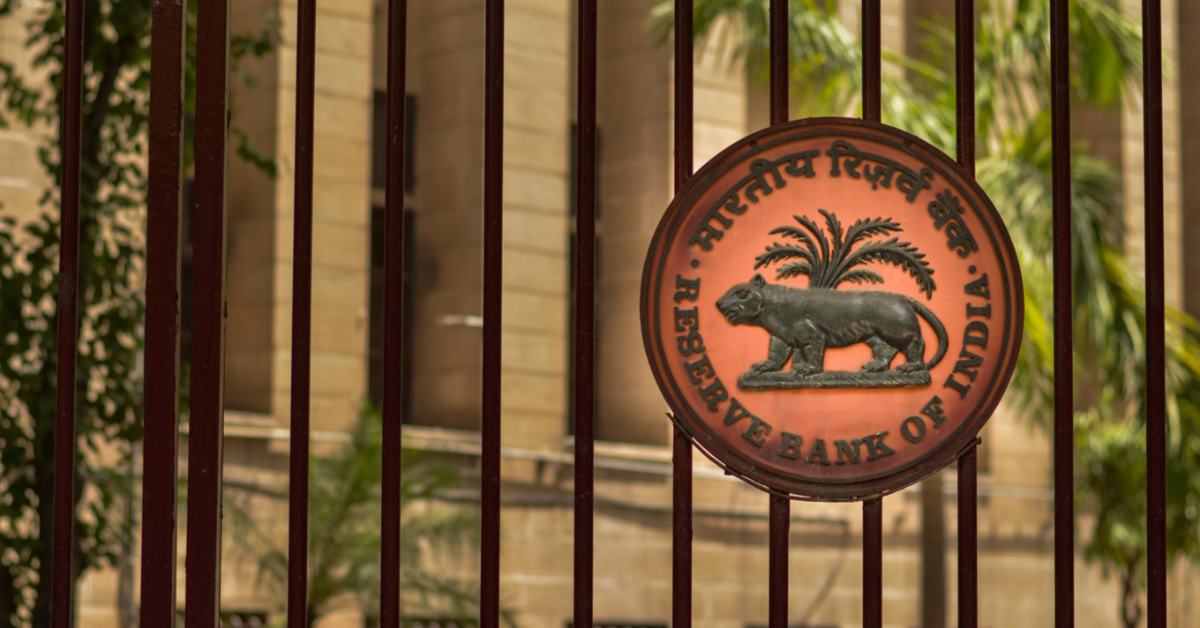SUMMARY
Typically, lending platforms offer 5% of the total defaults as default loss guarantee to lenders based on the RBI mandate for DLG
On one hand, this initiative is expected to bring in more responsibility and governance from the P2P lending side, on the other hand, this will also increase cost of acquisition for the P2P lenders
In March 2024, P2P lenders also collectively stopped offering instant withdrawal products to customers
As part of a new set of guidelines for digital lending, the Reserve Bank of India has stated that peer-to-peer (P2P) lending platforms cannot enter into default loss guarantee or DLG agreements with NBFCs.
Default loss guarantees are baked into agreements between RBI-regulated entities such as banks and NBFCs and lending platforms. The DLG is a risk protection mechanism, where the platform gives a token guarantee of covering the defaults for any funds sourced from lenders and deployed. This is typically seen in personal and business loan segments.
Typically, lending platforms offer 5% of the total defaults as a DLG to lenders based on this RBI mandate. The DLG has been put in place to ensure that lending platforms do not disburse loans without adequate checks and balances or risk assessment mechanisms.
In the case of NBFC-P2P, this is a special class of non-banking financial companies that are authorised to partner with digital lending platforms for the P2P lending.
However, in a notification on April 24, 2024, the RBI has now mandated that NBFC-P2P platforms cannot ask platforms for a DLG on any defaults by P2P lending customers.
Fintech startups such as Uni, CRED, MobiKwik, BharatPe and RupeeCircle are among some of the platforms that offer P2P lending, allowing individuals to lend to other individuals.
On the other hand, the likes of Lendbox, LiquiLoans, Faircent and LenDenClub are NBFC-P2P and most of the platforms offering P2P lending have to partner with the NBFC-P2P entity.
Recently, Jar announced plans to foray into P2P lending space in partnership with Mumbai-based LenDenClub.
The RBI’s clarity comes because there was some confusion in the industry on the status of NBFC-P2P players.
As per the requirements for acquiring an NBFC-P2P licence, these entities are merely authorised to be a platform to assess risk on the borrower side, and do not offer these loans from their books.
So in the case of P2P lending, the defaults are not borne by the NBFC-P2P players but by the individual lender which has used a platform such as CRED, BharatPe or MobiKwik.
With the RBI clarifying the DLG rules, however, there is a likelihood that NBFC-P2P players increase the risk burden on some borrowers and therefore it is also likely to increase the cost of customer acquisition for P2P lending platforms.
Speaking with Inc42, Lendenclub’s cofounder and CEO Bhavin Patel said that the startup had steered clear of taking the DLG route right from the get go in building its business.
“LenDenClub platform always had this understanding that NBFC-P2P cannot take FLDG/DLG. Hence we never worked with any partner on the basis of FLDG. We do borrower risk assessment and selection as per our platform criteria. Due to this approach we never took an FLDG from any of our past or present LSP partners,” he said.
The RBI has looked to clean up P2P lending in the past few months. Last year, the central bank urged P2P lending platforms to not advertise their products as an alternative to fixed deposits or savings accounts.
Earlier this year, the central bank also sought details from platforms and NBFC-P2P entities on onboarding procedures, customer profiles, agreements and the IT infrastructure supporting the platforms.
Then last month, some P2P lenders collectively stopped offering instant withdrawal products to lenders on their platforms, which caused some consternation among customers, since this is a critical reason for individual lenders joining these platforms.
Disclaimer
We strive to uphold the highest ethical standards in all of our reporting and coverage. We StartupNews.fyi want to be transparent with our readers about any potential conflicts of interest that may arise in our work. It’s possible that some of the investors we feature may have connections to other businesses, including competitors or companies we write about. However, we want to assure our readers that this will not have any impact on the integrity or impartiality of our reporting. We are committed to delivering accurate, unbiased news and information to our audience, and we will continue to uphold our ethics and principles in all of our work. Thank you for your trust and support.



![[CITYPNG.COM]White Google Play PlayStore Logo – 1500×1500](https://startupnews.fyi/wp-content/uploads/2025/08/CITYPNG.COMWhite-Google-Play-PlayStore-Logo-1500x1500-1-630x630.png)